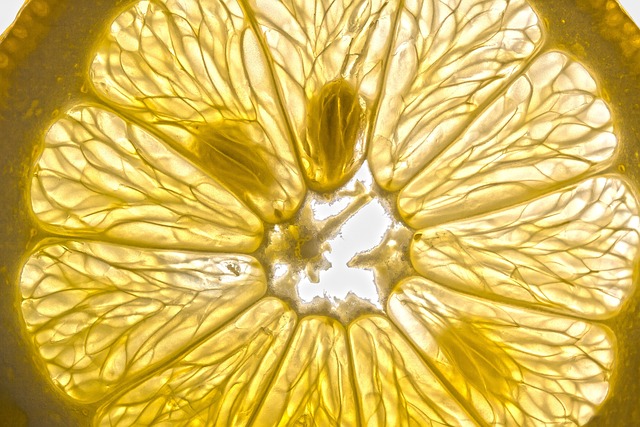Enhancing Gut Health with Probiotics: Natural Remedies for Common Digestive Issues
Our digestive system plays a crucial role in our overall well-being. It is responsible for breaking down food, absorbing nutrients, and eliminating waste. However, many people suffer from common digestive issues like bloating, indigestion, and irregular bowel movements. Fortunately, there are natural remedies available to alleviate these problems, and one of the most effective ones is the inclusion of probiotics in our diet.
What are Probiotics?
Probiotics are live bacteria and yeasts that are beneficial for our digestive system. These microorganisms aid in maintaining a healthy balance of gut bacteria, which is essential for proper digestion and overall gut health. They can be found in certain foods and supplements.
The Role of Probiotics in Gut Health
The human gut is home to trillions of microorganisms, collectively known as the gut microbiota. The balance of these microorganisms is crucial for optimal health. When this balance is disrupted, it can lead to various digestive issues.
Probiotics help by:
- Restoring and maintaining the balance of gut bacteria
- Enhancing the function of the digestive system
- Strengthening the gut barrier to prevent harmful bacteria from entering the bloodstream
- Reducing inflammation in the gut
- Improving the absorption of nutrients
Common Digestive Issues and Probiotic Solutions
1. Bloating and Gas
Bloating and gas are often caused by the overgrowth of harmful bacteria in the gut. Probiotics, especially those belonging to the Lactobacillus and Bifidobacterium strains, help restore the balance of gut bacteria and alleviate these symptoms. Incorporating yogurt, kefir, and fermented vegetables into your diet can provide relief.
2. Indigestion
Indigestion, characterized by discomfort or pain in the upper abdomen and a feeling of fullness, can be improved with probiotics. Certain strains, such as Lactobacillus acidophilus, can aid in the digestion of lactose and other components of food that may cause indigestion. Including probiotic-rich foods like sauerkraut and kimchi can be beneficial.
3. Diarrhea and Constipation
Both diarrhea and constipation can be symptoms of an imbalanced gut microbiota. Probiotics, particularly those from the Bifidobacterium and Saccharomyces genera, have been found to regulate bowel movements and improve stool consistency. Consuming probiotic supplements or foods like miso and tempeh can help alleviate these issues.
4. Irritable Bowel Syndrome (IBS)
IBS is a chronic disorder that affects the large intestine and causes abdominal pain, bloating, and changes in bowel habits. Probiotics have shown promising results in managing IBS symptoms. Strains like Bifidobacterium infantis and Lactobacillus plantarum have been studied for their beneficial effects on IBS sufferers. Including probiotic-rich foods and considering supplementation can be helpful in managing this condition.
Choosing the Right Probiotic
Not all probiotics are created equal, and it is important to choose the right one for your specific needs. Consider the following factors when selecting a probiotic:
- Strains: Look for specific strains that have been proven effective for your targeted digestive issue.
- Colony Forming Units (CFUs): Pay attention to the CFU count, as higher numbers indicate a higher concentration of viable bacteria.
- Quality: Choose probiotics from reputable brands that ensure product quality and provide transparent information.
Incorporating Probiotics into Your Diet
There are several ways to incorporate probiotics into your diet:
- Yogurt: Choose plain, unsweetened yogurt with live active cultures.
- Kefir: A fermented milk drink that contains multiple







